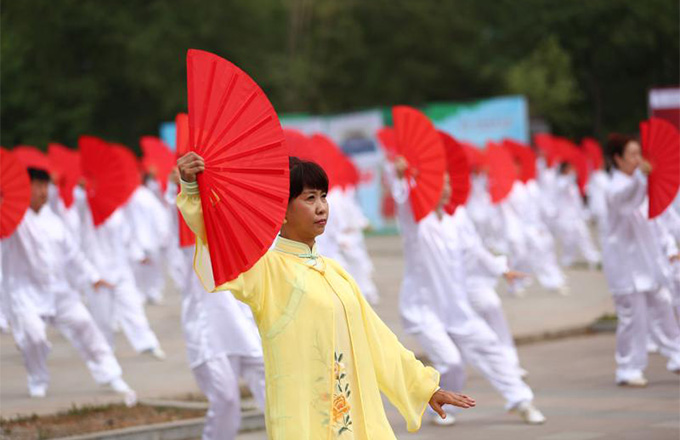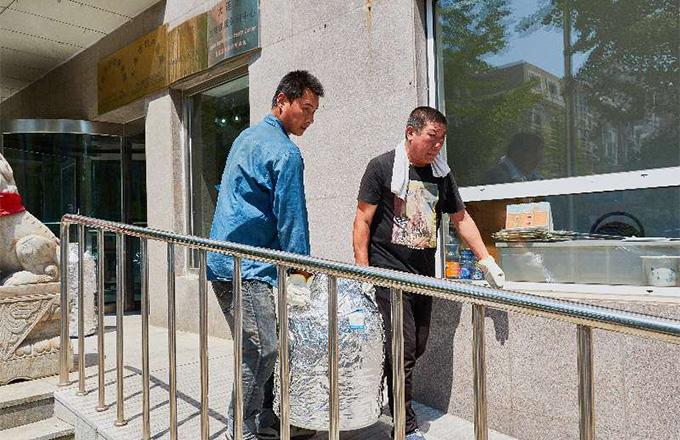Meager pension benefits vex rural doctors
CHONGQING - Sixty-eight-year-old rural doctor Ye Siyou is still receiving patients at his clinic, even though the job now takes more out of him than it did in previous years.
"My current pay is barely enough to live, but if I retire, I may have to rely on my children to feed me," said Ye, who works at a clinic in the village of Yangyan in Southwest China's Chongqing municipality.
An ambiguity in the labor relations of rural doctors like Ye is keeping them from participating in a pension program designed for employees of institutions and enterprises. They receive only a monthly old-age subsidy of 80 yuan ($12.9) after retirement.
Ye is among 1.1 million rural doctors working in the country's village clinics.
Since medical and healthcare reforms were implemented in 2009, the government has intensified management for medical workers in rural areas. Village clinics and doctors have been incorporated into the country's rural healthcare system, which includes county-level, township-level and village-level health institutions.
However, the incorporation is more about professional administration and training for the doctors. Their labor relations remain undefined, leading to many problems, said Wang Lusheng, a research fellow at the National Health Development Research Center.
"When I was a footloose practitioner, a large source of my earnings came from medicine sales," said Ye Zhaochun, another doctor in Yangyan village.
Her income shrank after the implementation of the basic medicine system, which mandates no surcharges for sales of drugs at clinics.
To make up for the losses, the local government is providing Ye and other village doctors with an allowance of about 20,000 yuan annually.
However, to obtain this allowance, Ye is also obliged to provide more non-profit basic public health services, such as the archiving of health records, blood pressure monitoring and epidemic prevention.



















